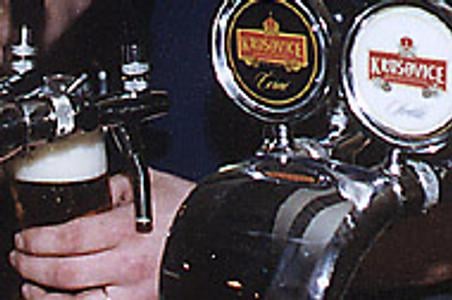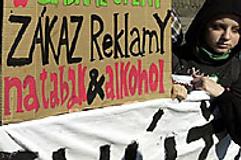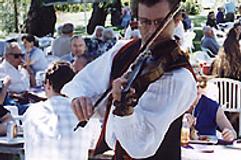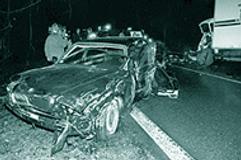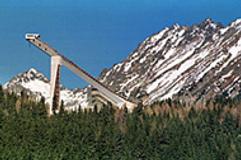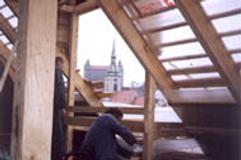- Thank heavens for Trenčín (from our archive)
- To love or to hate Bratislava (from our archive)
- The prettiest castle in Slovakia (from our archive)
- How I came to appreciate (some) Communist-time architecture (from our archive)
- Slovak Matters: A guide to the Spiš dialect
- Adopting a Slovak child: A beginners guide
- Slovak Matters: When I am mimo
- Weekend: What to make of Easter in Slovakia
- News digest: Finns air unseen video of Fico shooting, PM’s bloody jacket driven away by minister
- Hundreds of people ousted from Bratislava’s Volkswagen
- When to shop over Easter: Opening hours for supermarkets in Slovakia
- US giant pulls plug on Slovak factory, axing 137 jobs
- “Return not,” the ocean cried. But I returned for her
- Cockroaches and crumbling toilets greet seven-year-old battling serious virus
- 3 free things to do in Bratislava in the next seven days
- Hundreds of people ousted from Bratislava’s Volkswagen
- 3 free things to do in Bratislava in the next seven days
- Weekend: What to make of Easter in Slovakia
- News digest: Finns air unseen video of Fico shooting, PM’s bloody jacket driven away by minister
- US giant pulls plug on Slovak factory, axing 137 jobs
- When to shop over Easter: Opening hours for supermarkets in Slovakia
- Prices surge in Slovakia as inflation hits 15-month high
- Cockroaches and crumbling toilets greet seven-year-old battling serious virus
- “Return not,” the ocean cried. But I returned for her
- German shoemaker Lowa joins wave of factory closures in Slovakia
- Hundreds of people ousted from Bratislava’s Volkswagen
- Prices surge in Slovakia as inflation hits 15-month high
- US giant pulls plug on Slovak factory, axing 137 jobs
- When to shop over Easter: Opening hours for supermarkets in Slovakia
- News digest: A parade too far? Fico heads to Moscow despite EU warnings Video
- Danish shoemaker to shut Slovak factory, axing 650 jobs in fresh blow to struggling region
- A café in an ice cellar, sand dunes and a flower shop at the border
- “Return not,” the ocean cried. But I returned for her
- Hollywood turns Slovak highlands into high-speed playground Video
- German shoemaker Lowa joins wave of factory closures in Slovakia
- Chicken Jockey! Chicken Jockey! Chicken Jockey! Video
- Danish shoemaker to shut Slovak factory, axing 650 jobs in fresh blow to struggling region
- Hundreds of people ousted from Bratislava’s Volkswagen
- Prices surge in Slovakia as inflation hits 15-month high
- Slovakia's latest basketball star is destined for great things in the USA
- News digest: Finns air unseen video of Fico shooting, PM’s bloody jacket driven away by minister
- 3 free things to do in Bratislava in the next seven days
- He has been disciplined for delays. Now he will lead Slovakia’s top court
- Slovak startup Upfan declares war on fake tickets
- Smer MEP tells Slovaks to learn the EU’s rules – so they can break free from Brussels
- Too small to cope alone, Slovak villages are teaming up
- Top 10 events in Bratislava for foreigners More articles ›

